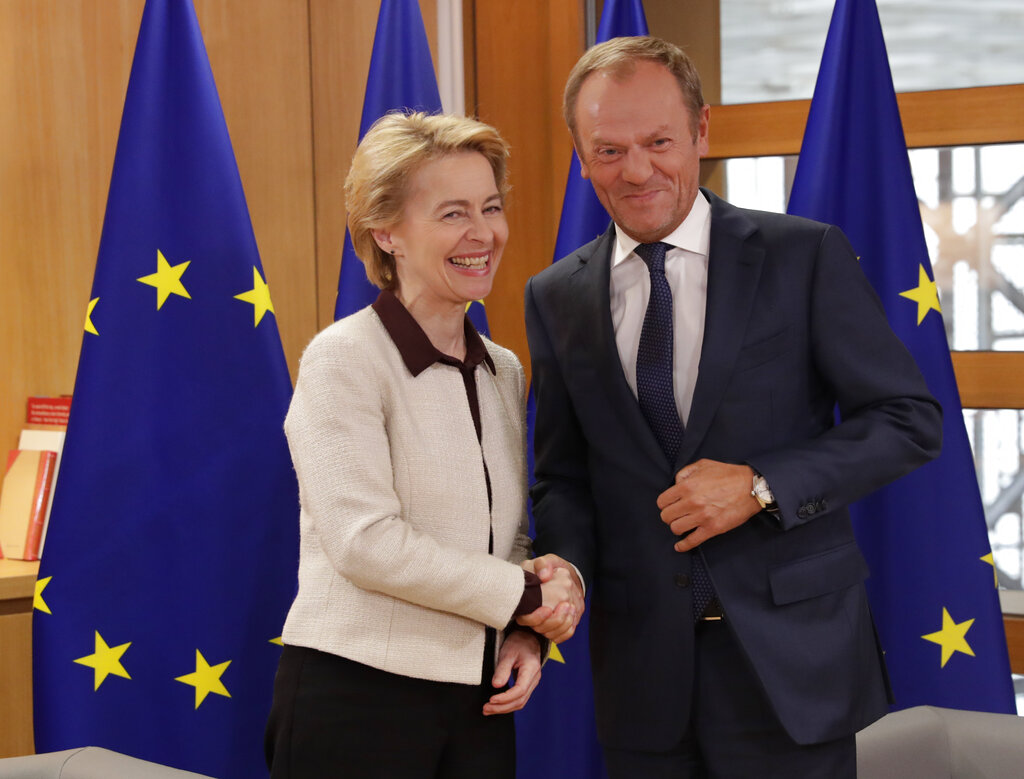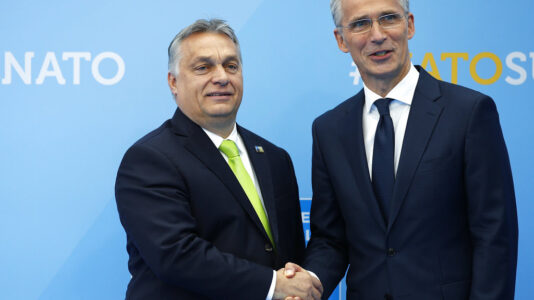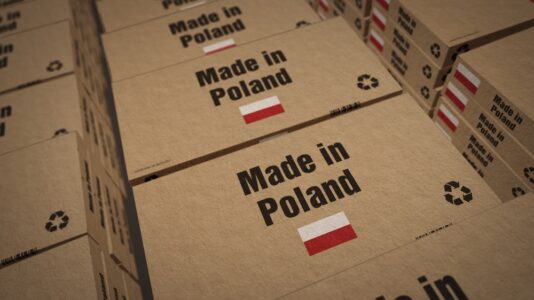On Dec. 17, Poland received the largest transfer of EU money to date – slightly over PLN 40 billion (€9.38 billion) from the National Reconstruction Plan, according to Salon24. This constitutes the largest single transfer to the country.
In line with EU goals, over 44 percent of these funds will be allocated to energy transformation, including the thermal modernization of houses and apartments or the replacement of heat sources. Since the beginning of this year, PLN 3.75 billion has been allocated for this purpose from the KPO, which financed the Clean Air program. The funds will also be used for investments in Polish wind farms in the Baltic Sea and the modernization of power grids.
The report “Healthy Homes Barometer” shows that in Poland approximately 70 percent of buildings are still energy inefficient, of which approximately 15 percent have the worst standard and some 1.5 million households are affected by energy poverty.
Experts emphasize that in this context, comprehensive thermal modernization is necessary not only for environmental but also social and economic reasons.
“Energy transformation is one of our priorities. Nearly €60 billion from the National Reconstruction Plan and €76 billion from cohesion policy are the amounts that will be available to Poland, to entrepreneurs, as well as to residents affected by the housing problem,” Konrad Wojnarowski, undersecretary of state at the Ministry of Funds and Regional Policy, told the Newseria agency.
A major goal is to make sure electricity bills are lowered for households in the coming years, he added. “We do not assume a scenario in which citizens will directly bear the costs of the transformation, we will do everything to show how important the energy problem is in Poland, but also in the entire Central and Eastern Europe, where we had to face many challenges due to the Russian aggression against Ukraine. And in the coming years we will want to invest as much as possible in energy security, not only from domestic funds but also from European funds,” stated Wojnarowski.
Wojnarowski also said that housing construction will be a key area of focus, as housing is “not only a problem for Poland but also a strategic challenge for the entire European Union.”
The report “The rent gap in Poland in the years 2010-2022,” prepared by Polityka Insight and PFR Nieruchomości, indicates that in Poland some 35 percent of households are in the rent gap, which means that their income is too low to buy their own apartment or rent it on market terms, and too high to count on an apartment from the state or the commune.
In mid-September this year, Poland submitted the second and third applications for payment from the KPO to the European Commission. Before the end of this year, Poland also plans to submit two more applications for payment. In total, it is expected to receive €59.8 billion of subsidies and preferential loans under the National Reconstruction Plan.
One major hurdle to Poland’s spending plans is that the time for using some of the KPO funds expires in 2026. The government is thus seeking to negotiate with the European Commission to extend this deadline. Notably, Poland will use its upcoming EU presidency (starting Jan. 1, 2025) to help facilitate this.
“Our presidency of the Council of the European Union is a moment when we will talk not only about the future cohesion policy, i.e., the period 2027-2034, but also about technical issues related to the National Reconstruction Plan. We will have to use the grant part by mid-2026, but today we already know that the loan part will be able to be spent longer. We have good talks ahead of us and we will do everything to ensure that beneficiaries can use all European funds,” said the Deputy Minister of Funds and Regional Policy Jacek Karnowski.






